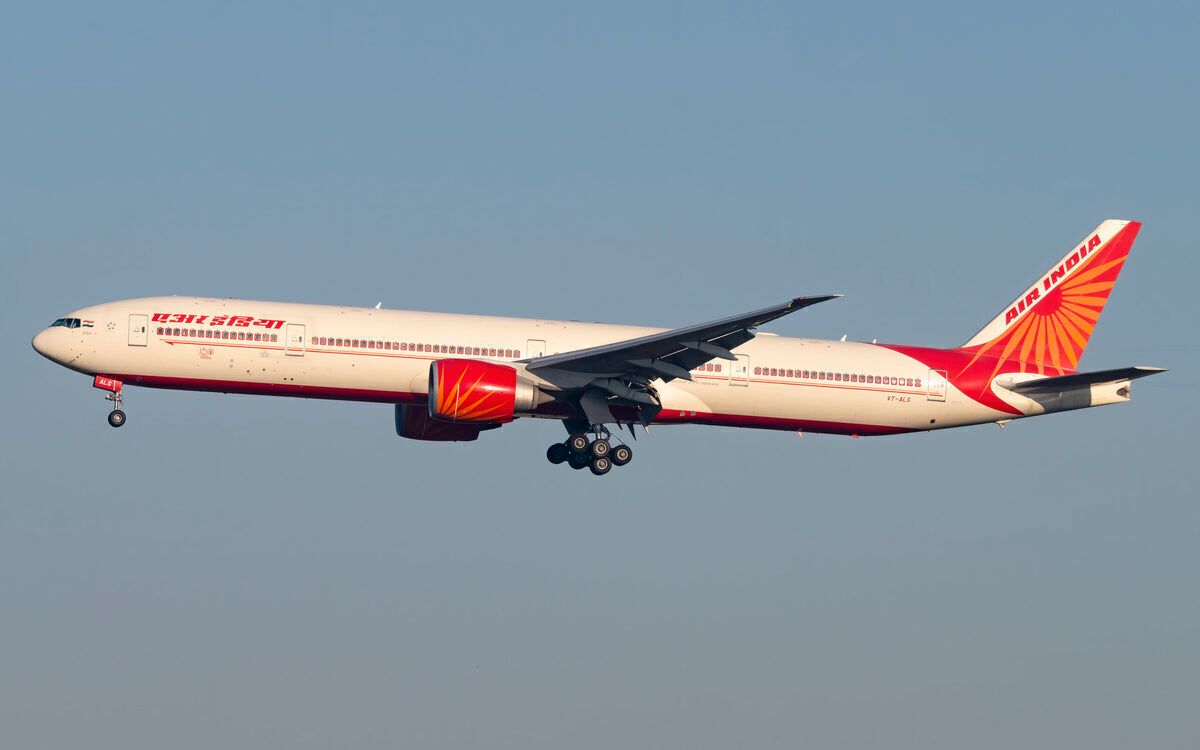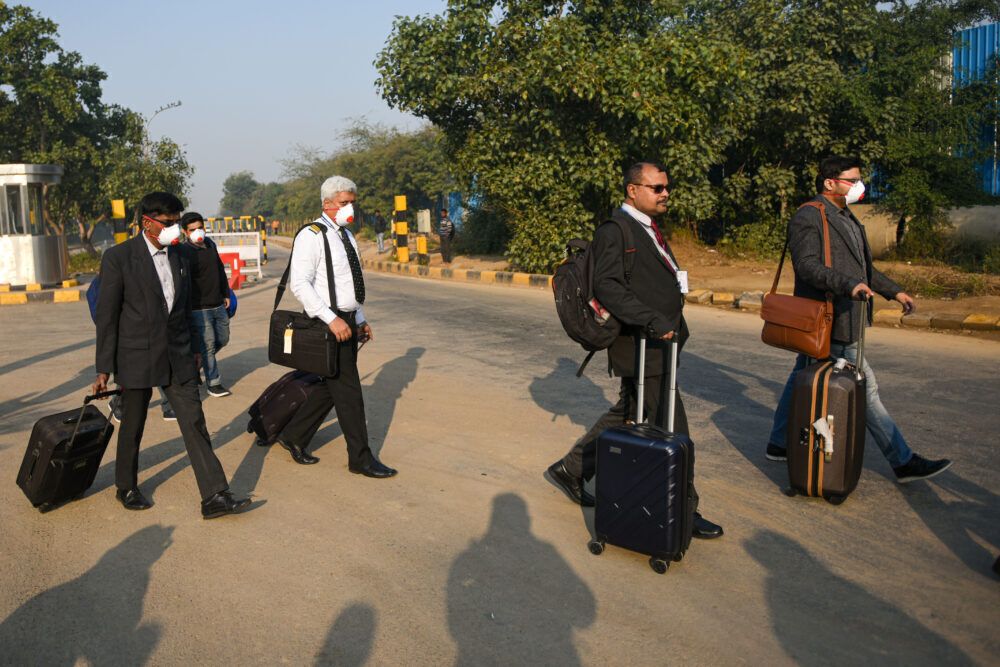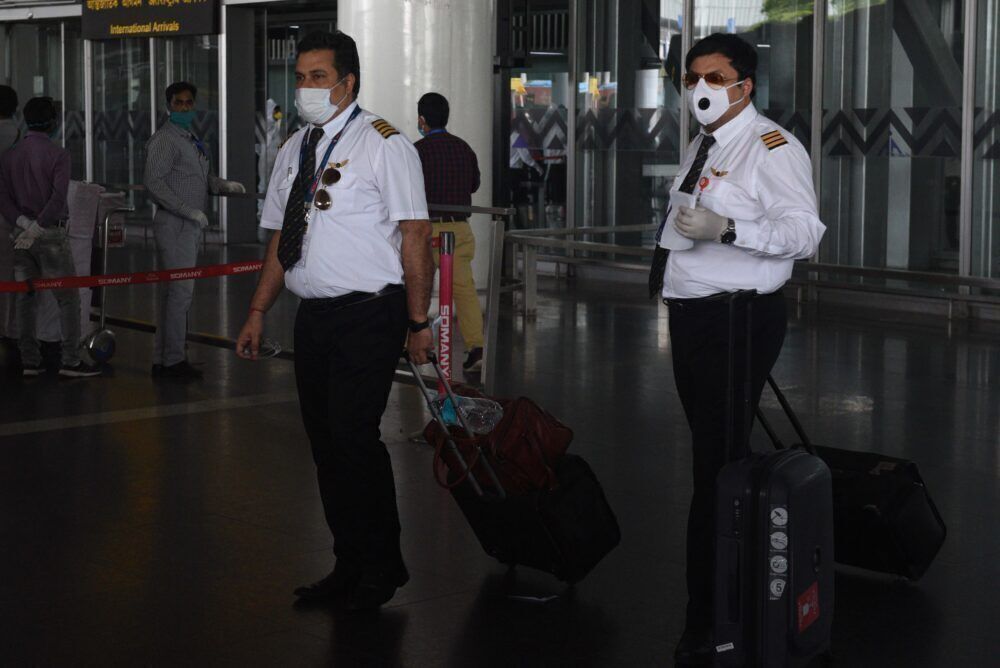Air India staffers are demanding better compensation for pilots who have died of COVID-19, especially during the second wave. 17 Indian pilots have passed away due to the coronavirus, almost half of which are from Air India. With Air India only paying families of deceased pilots a maximum of 10 lakhs ($13,700) each, crew members are speaking out against this.
Impact
According to the New York Times, Indian pilots unions across the country are appealing to the authorities to demand better compensation for those who have died of COVID-19. 17 pilots from various airlines have died, with Air India accounting for nearly half of that figure, according to the Indian Pilots Guild (which represents 350 AI pilots).
The second wave has been particularly devastating, with 13 pilots passing away since February 2021 alone, according to one court filing seen in News18.
However, when it comes to compensating pilots who have succumbed to COVID-19, the airline response has been unequal. Most of the criticism is currently being leveled at Air India, which saw five senior pilots die of COVID in May alone. The airline only paid a mere ₹5-10 lakhs ($6,800 to $13,700) to the families of the deceased, an extremely low amount compared to other carriers.
According to the Indian Pilots Guild, India's biggest airline, IndiGo, has paid the families of fallen pilots ₹5 crores each ($685,000). This means the airline has paid 50 to 100 times more than the flag carrier Air India. This extremely wide disparity has increased frustration with the government-run airline, especially given the trying circumstances Air India pilots have faced.
Stay informed: Sign up for our daily and weekly aviation news digests.
On the front lines
India began repatriating its citizens in January 2020, starting with a flight from Wuhan, China, the original epicenter of COVID-19. In May, the country launched its Vande Bharat Mission, which has repatriated over nine million citizens. Air India has played a huge role in these rescue flights, flying to all long-haul destinations, including those with extremely high caseloads and new virus variants.
However, the pilots' unions argue that despite these circumstances, the airline has done little to protect its pilots. The Indian government did not give pilots or crew frontline worker status, meaning many were unvaccinated even during the peak of the second wave in India. When pilots did become eligible for vaccines, Air India was forced to push back its vaccine drive due to shortages.
All of these factors have resulted in multiple pilot unions pushing back. This week, the Federation of Indian Pilots (a country-wide pilot union) filed a lawsuit before the Mumbai High Court for better compensation, insurance, and vaccines. Similarly, Air India unions have repeatedly reached out to the government and the airline management for similar goals.
The coming weeks will see whether the government responds to the pilots' demands for better compensation. For now, airline crews continue to operate in hazardous conditions with little protection if they fall sick.
What do you think about the response of the pilot unions? Let us know in the comments.



